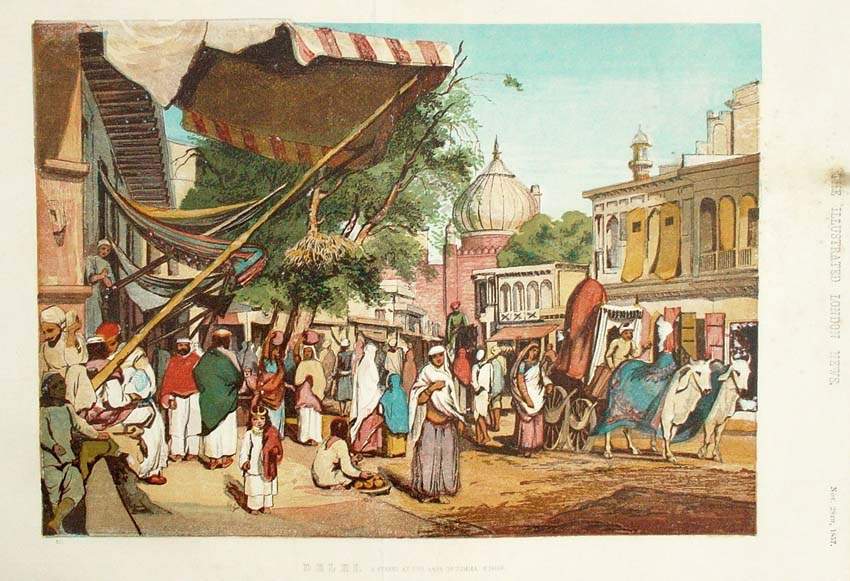FWP:
SETS == EXCLAMATION; HUMOR
The commentators point out some possibilities of interpretation, and I think they're right. But I want to take it a step further.
This is a doubly inshāʾiyah verse, the first line a command and the second a rhetorical question. It's one of those verses of wonderfully amusing disproportion, like {111,12}. In the most offhanded way ('after the murder') the verse dismisses the concerns that we, the ordinary 'people of the world', would have: that he is facing death, perhaps quite imminently; that it is the cruel beloved who intends to murder him; and that she is so unmoved by his love, passion, and ultimate sacrifice that she will then do something quick and convenient with his body and carry right on with her flirtatious life, surrounded by other adorers.
Nor does he have the great concern of a typical lover: to be near the beloved at all costs, in all situations whatsoever. For one example among many see {39,2}, which expresses the lover's continuing longing, even after death, to kiss her feet-- something that he could in fact imagine doing, if he were buried in her street.
Instead, most absurdly, the lover fixates on a small detail
of the situation: that he doesn't wish to be buried in her street, because
then 'all creation', 'every Tom, Dick, and Harry', would use his grave as
a reference point for finding her house. He doesn't even mention the usual
suspects, the 'Rival' and
the 'Other' (perhaps because
he knows they can find her house anyway). He might of course mean that he
thinks that 'all creation' would become her lovers, as Bekhud Mohani suggests; on the complexities of jealousy see {53,4}. But the line also sounds wonderful as a kind of cranky, generalized grumbling.

Nazm:
That is people will give the address like this: 'the street with a grave in it, that's where So-and-so's house is'. My envy/jealousy doesn't accept this, that Other people would search out your house through the address of my grave. And the second meaning is that my love doesn't accept that people would learn that you're a murderer, and that you'd be held accountable for my murder. (171)
== Nazm page 171